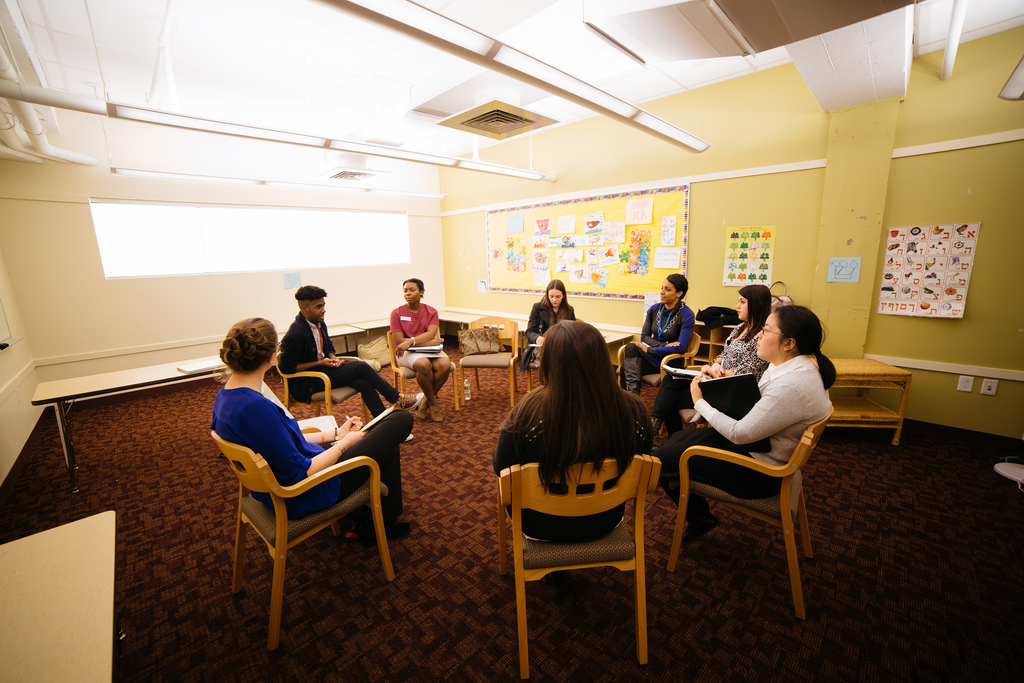Generally, we as humans naturally seek balance. If we’re hot, we look to shed a layer. If we’re hungry, we eat. If there is friction and frustration in the workplace, we often look to smooth it over in whatever way we can. After all, nothing inhibits great work like palpable tension and frustration.
However, sometimes tension leads to a difficult conversation and that difficult conversation leads to real, positive change, whether in an individual or in the organization as a whole. Below, I’ll outline why you should not shy away from a difficult conversation at work.
It creates a safe and open environment. Having difficult conversations is not about creating a culture of conflict; it is just the opposite. As a leader, you need to approach difficult conversations with a positive, constructive point of view where learning, not “winning” is the goal. Even if the answer to an employee’s question or problem is an unequivocal “no,” hearing their point of view and discussing it is valuable, if not for your time then for the overall morale of the company. It’s crucial that your employees know that their voice is valued and will be heard when they have concerns.
It expands the realm of company ideas. Great ideas don’t just fall in your lap. They often have to be wrestled and coaxed to life. They are more often the result of difficult conversations than serendipity. Avoiding difficult conversations at work is akin to working with blinders on. You may be able to do it but you aren’t truly progressing. If you want to facilitate a company culture that’s open and innovative, difficult conversations should not be shied away from. Your company’s next great idea could be borne out of a difficult conversation.
Consider the role of difficult conversations in your personal life, too. Do they serve to push you apart from those you are close to, or are you able to use them to generate more understanding? Have you experienced a difficult conversation that led to positive change in your business? Let me know in the comments below.
—
photo credit: 18 Minute Networking – City Year Boston 2016 via photopin (license)



